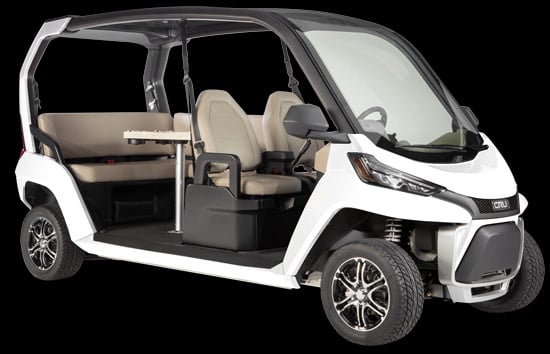Fuck Cars
A place to discuss problems of car centric infrastructure or how it hurts us all. Let's explore the bad world of Cars!
Rules
1. Be Civil
You may not agree on ideas, but please do not be needlessly rude or insulting to other people in this community.
2. No hate speech
Don't discriminate or disparage people on the basis of sex, gender, race, ethnicity, nationality, religion, or sexuality.
3. Don't harass people
Don't follow people you disagree with into multiple threads or into PMs to insult, disparage, or otherwise attack them. And certainly don't doxx any non-public figures.
4. Stay on topic
This community is about cars, their externalities in society, car-dependency, and solutions to these.
5. No reposts
Do not repost content that has already been posted in this community.
Moderator discretion will be used to judge reports with regard to the above rules.
Posting Guidelines
In the absence of a flair system on lemmy yet, let’s try to make it easier to scan through posts by type in here by using tags:
- [meta] for discussions/suggestions about this community itself
- [article] for news articles
- [blog] for any blog-style content
- [video] for video resources
- [academic] for academic studies and sources
- [discussion] for text post questions, rants, and/or discussions
- [meme] for memes
- [image] for any non-meme images
- [misc] for anything that doesn’t fall cleanly into any of the other categories
Recommended communities:
view the rest of the comments

Nope, you're the one who said that. You can't put words in my mouth and then say why the thing you said is bad. What I said is that they should be densely populated.
Deadwood, South Dakota is famous as a "wild west" town, but the reason that it exists because of the gold rush. And, guess what, it was densely populated. You can look up historical images, you'll see that even if it was a "rural" location built around mining, it was densely populated because at a time when cars weren't an option, it made sense to make a dense area.
Again, putting words in my mouth. If you can't make your point without doing that, I'm just going to say I won because clearly you can't actually attack what I'm actually saying. At no point did I say anything about people being "allowed to live in the country". I only talked about farms being the only place where you actually had to live on-site in a very low density rural area.
That's absurd. There's nowhere in the continental US that's a 6 to 8 hour drive from a built-up area that exists today.
"cities have the lowest annual energy use per household (85.3 million Btu) and household member (33.7 million Btu) of all four categories. Rural areas consume about 95 million Btu per household each year"
"Why the difference? Aside from environmental factors, it's a combination of infrastructure and behavior, Battles says. The compact construction of urban condo towers and apartment buildings helps insulate their indoor climates, while large homes common in less dense areas need more energy for heating and cooling, and have a harder time keeping air from leaking outside."
https://www.treehugger.com/urban-or-rural-which-is-more-energy-efficient-4863586
The research is everywhere. Dense housing where people share walls means lower heating and/or cooling bills. Using public transit instead of a car means far lower emissions for transportation. Smaller housing means less energy to heat and cool, and fewer leaks.
Suuuuuuure....
Riiight... because when talking about a theoretical future world where more people live in built-up areas, the right thing to do is to consider current charging infrastructure.
Pretty much all of them, and deliberately it seems.